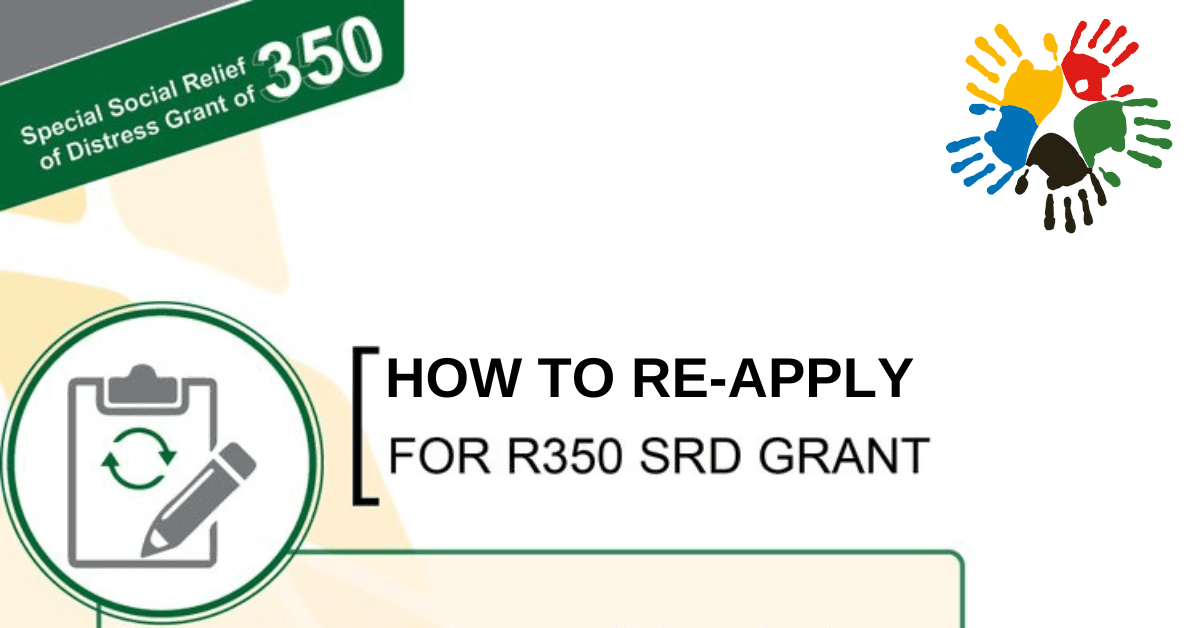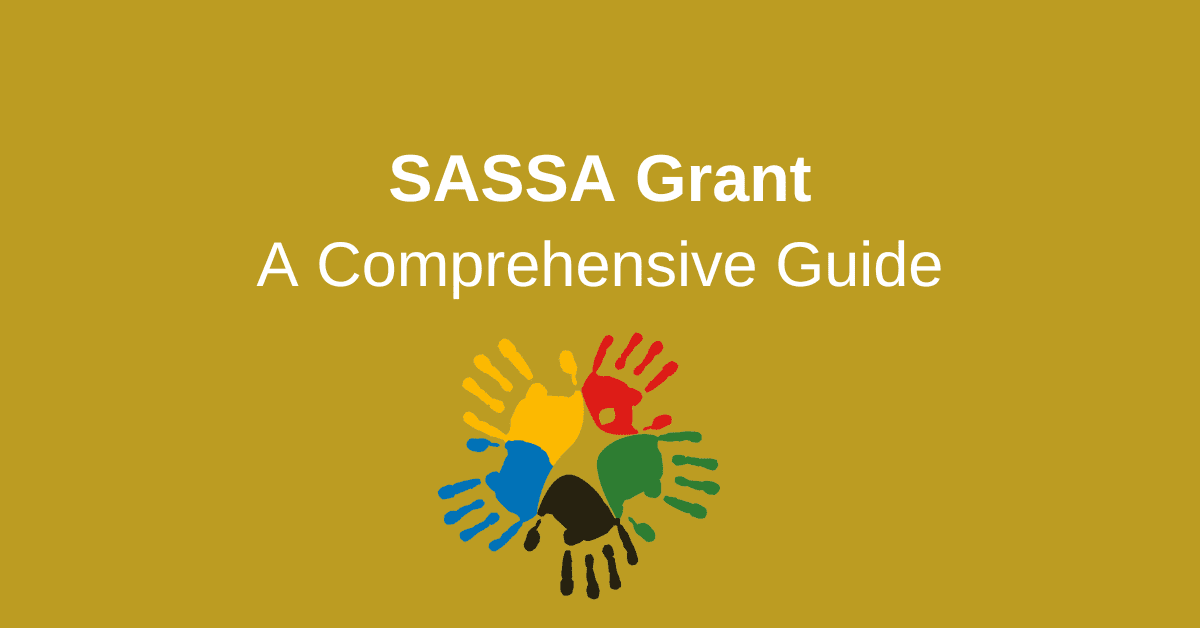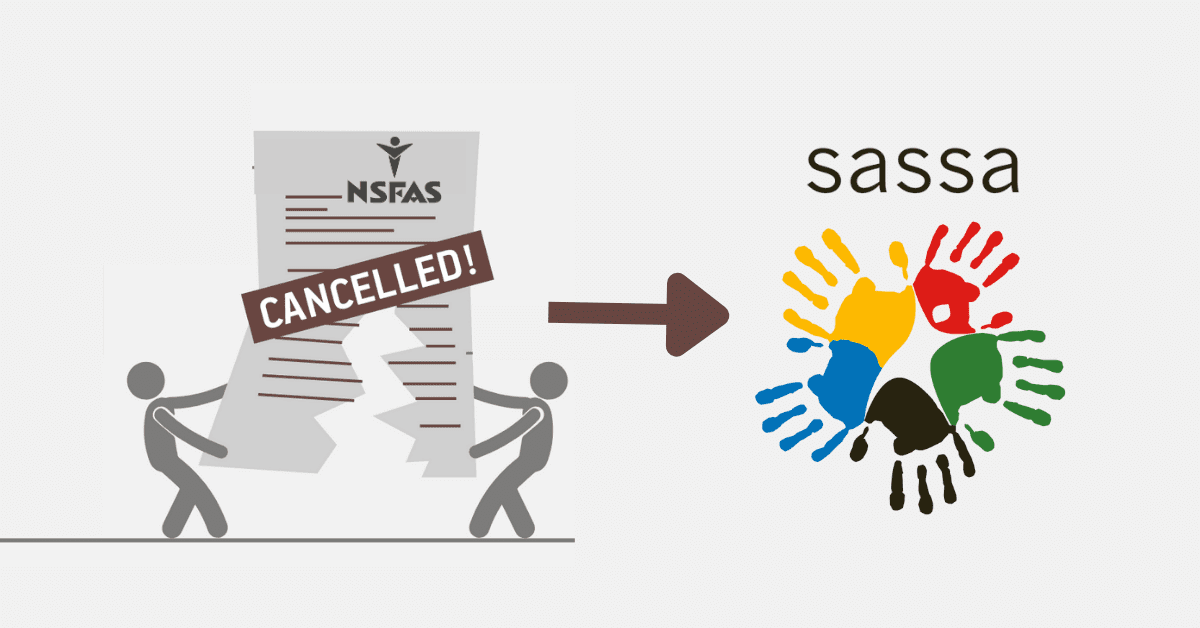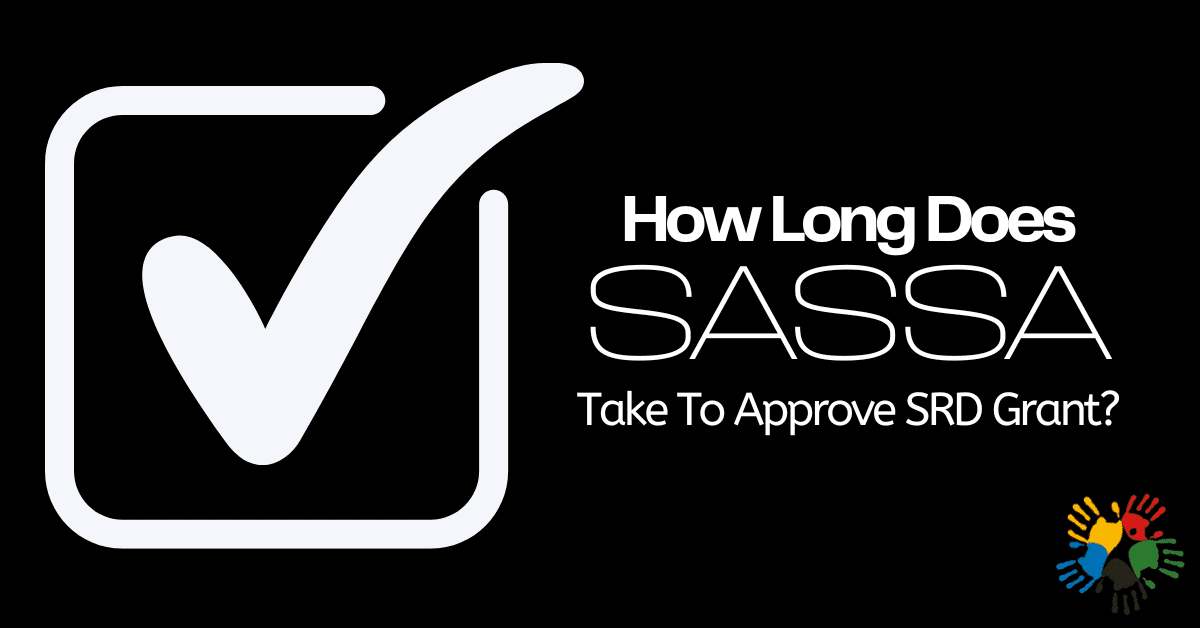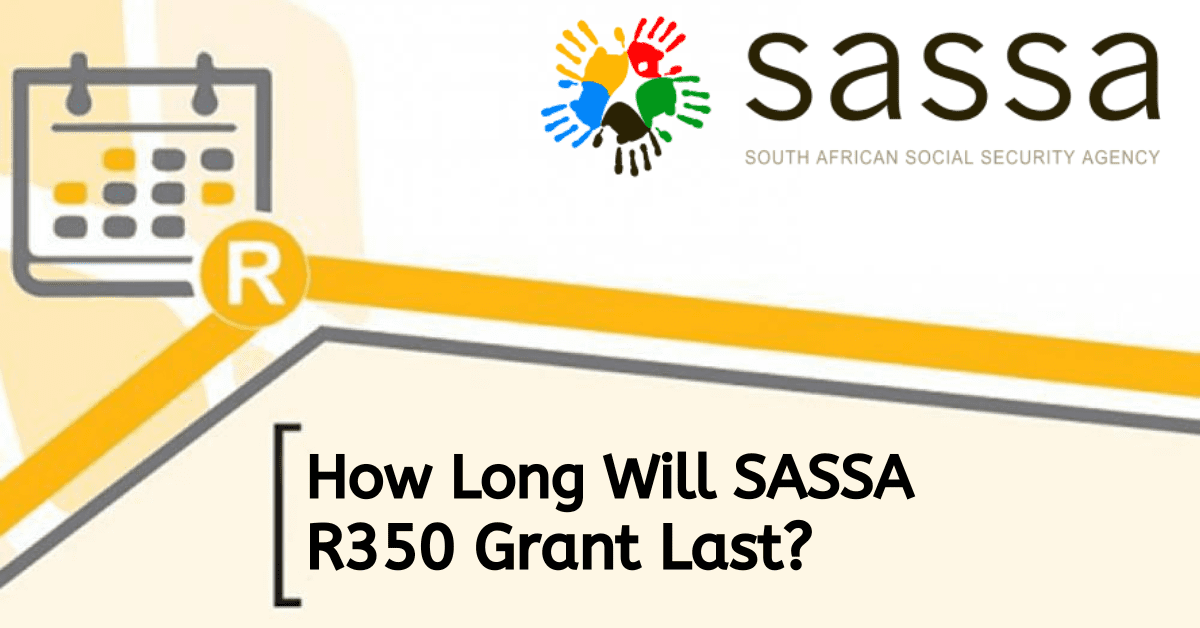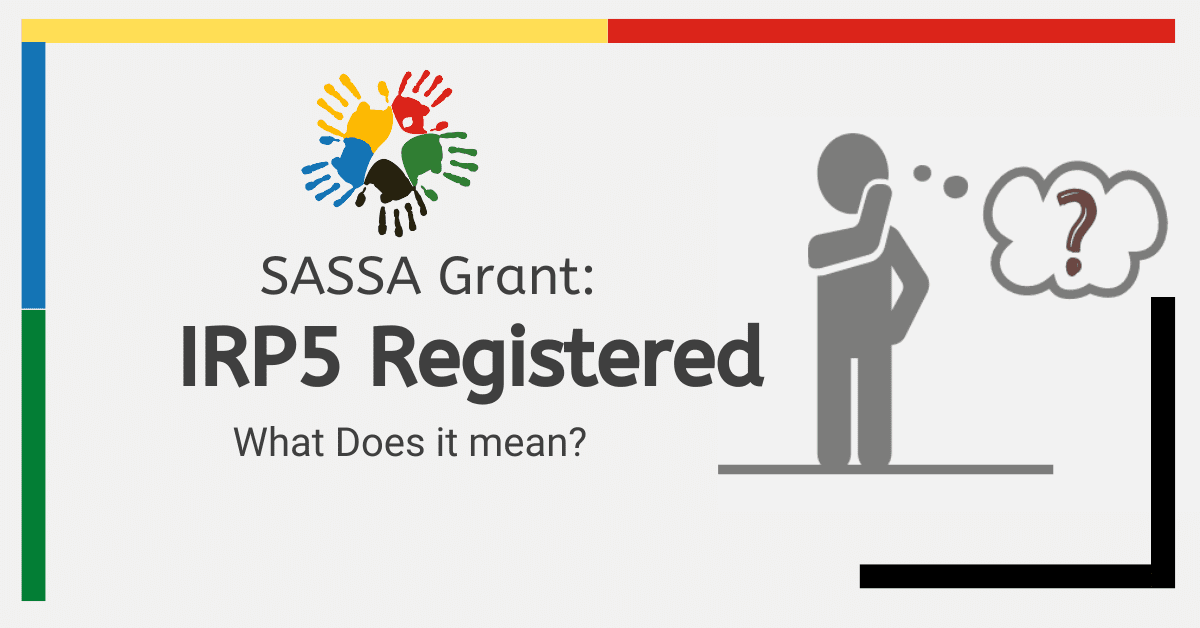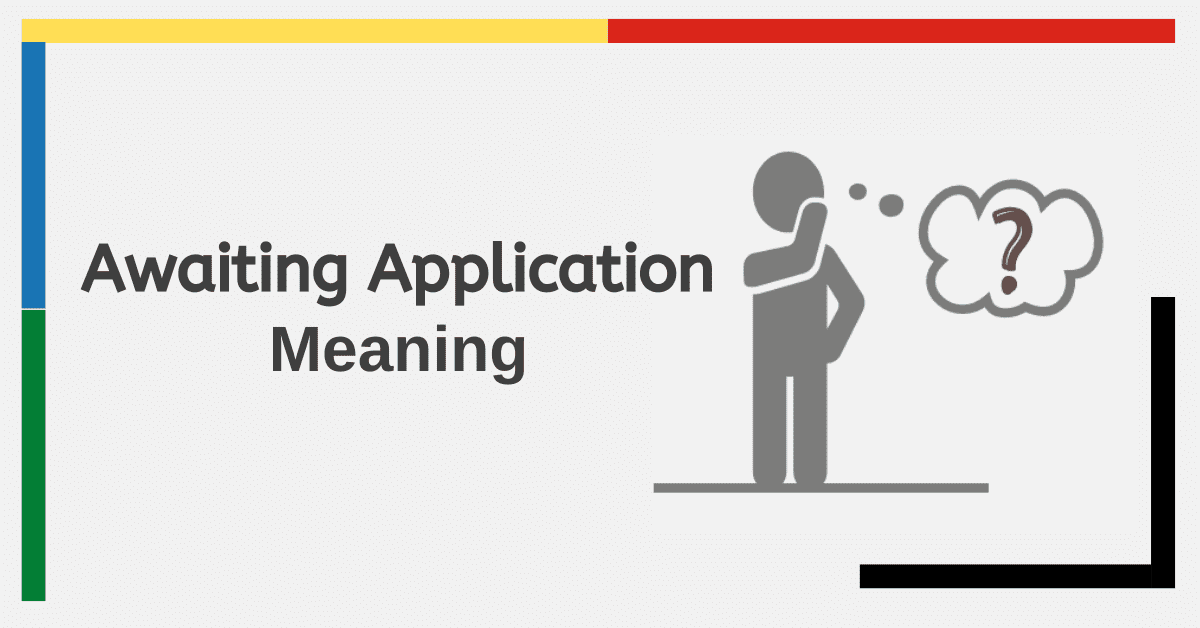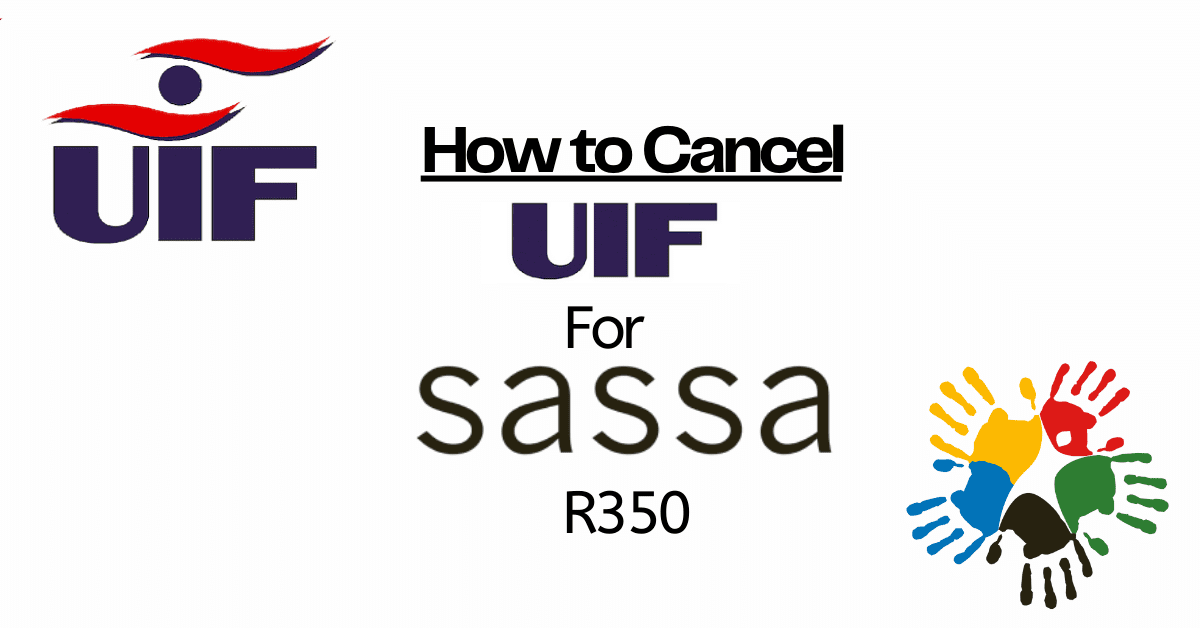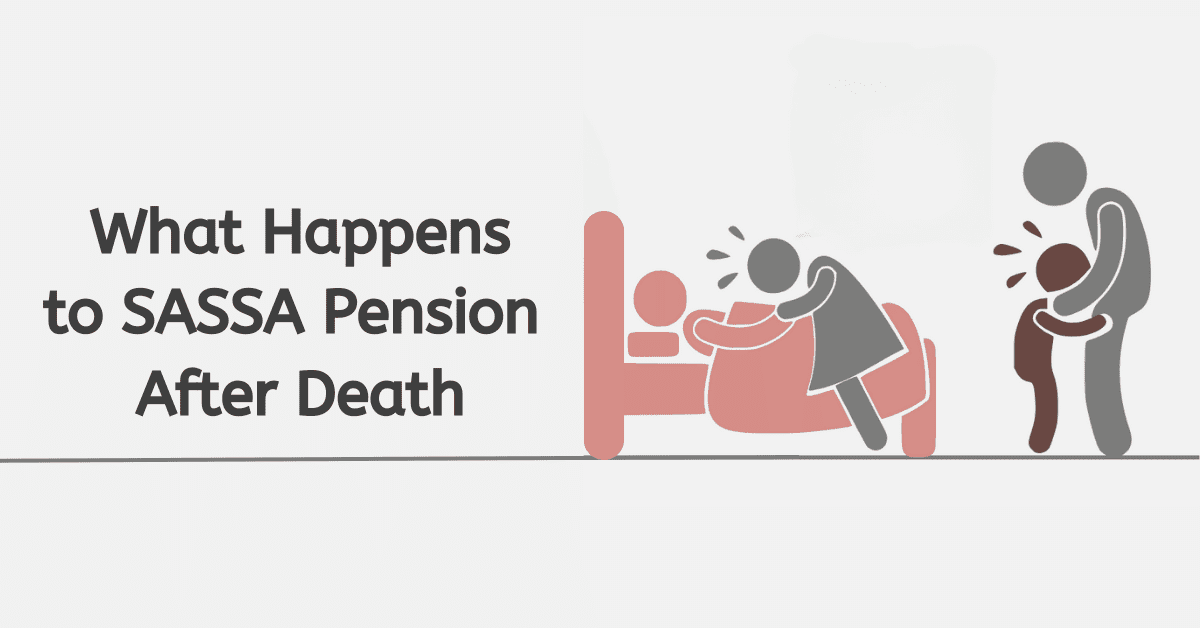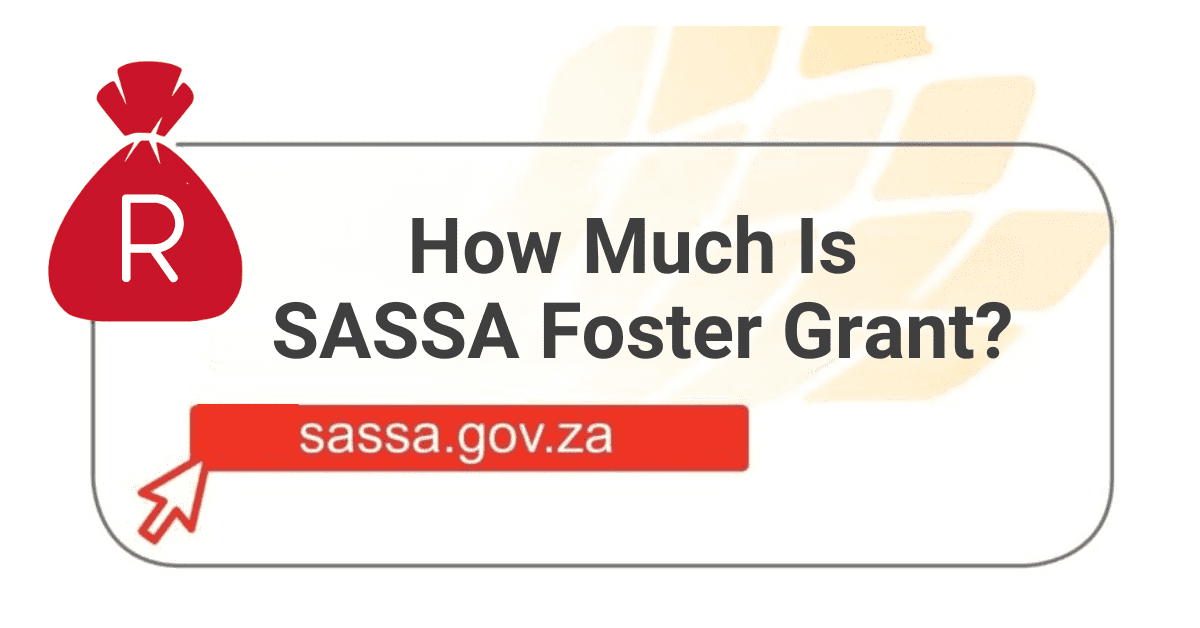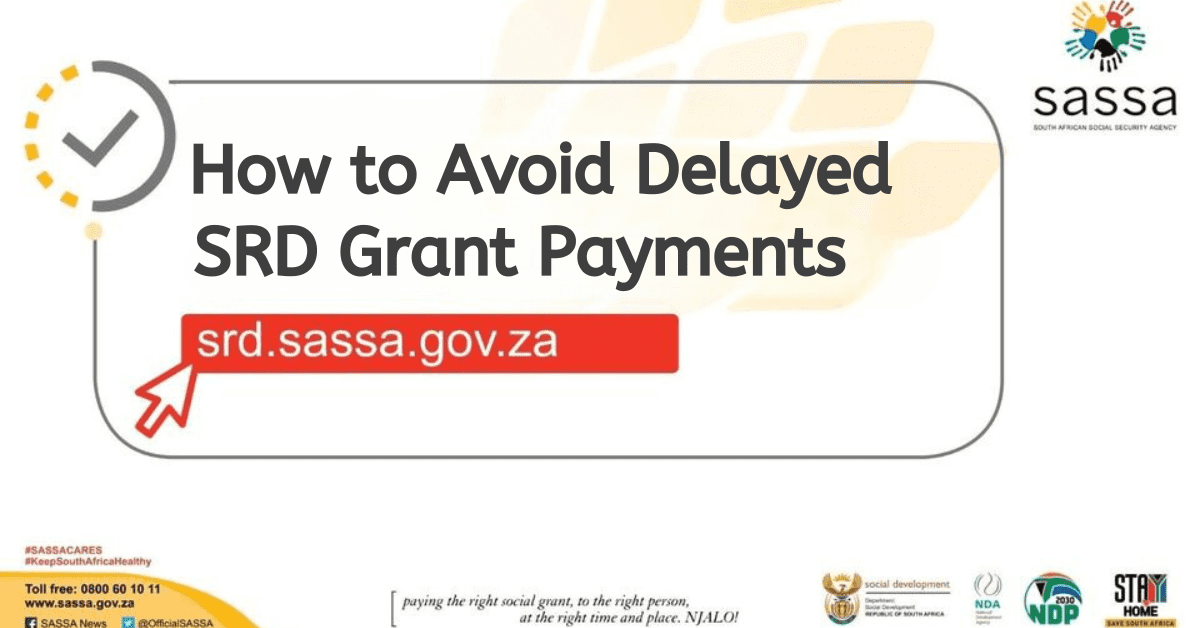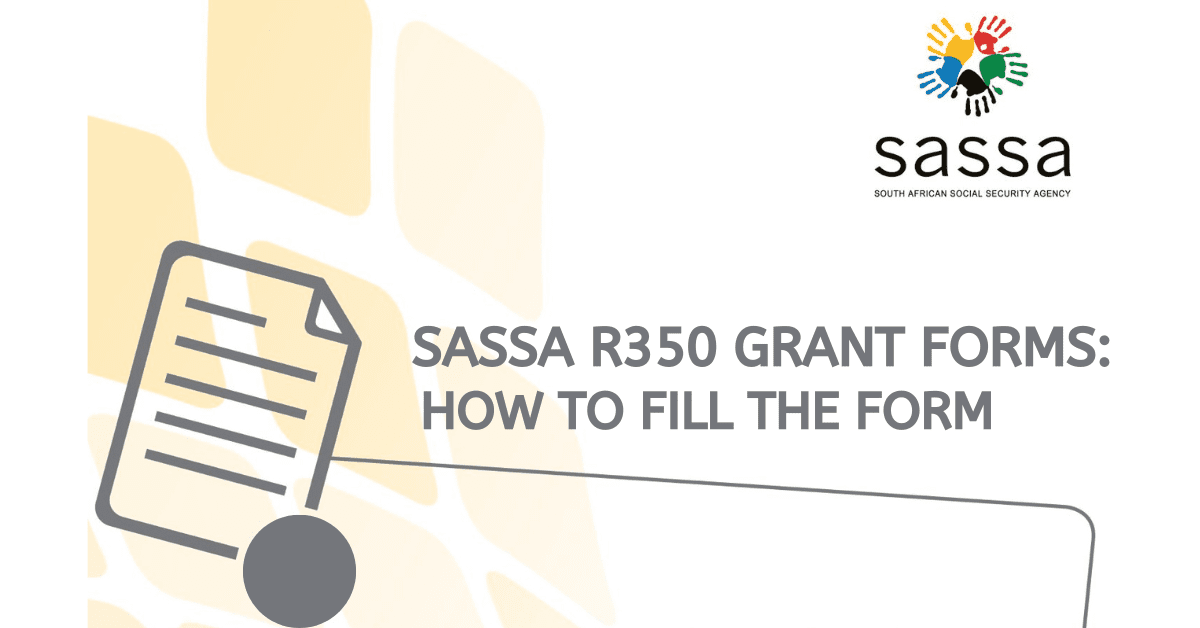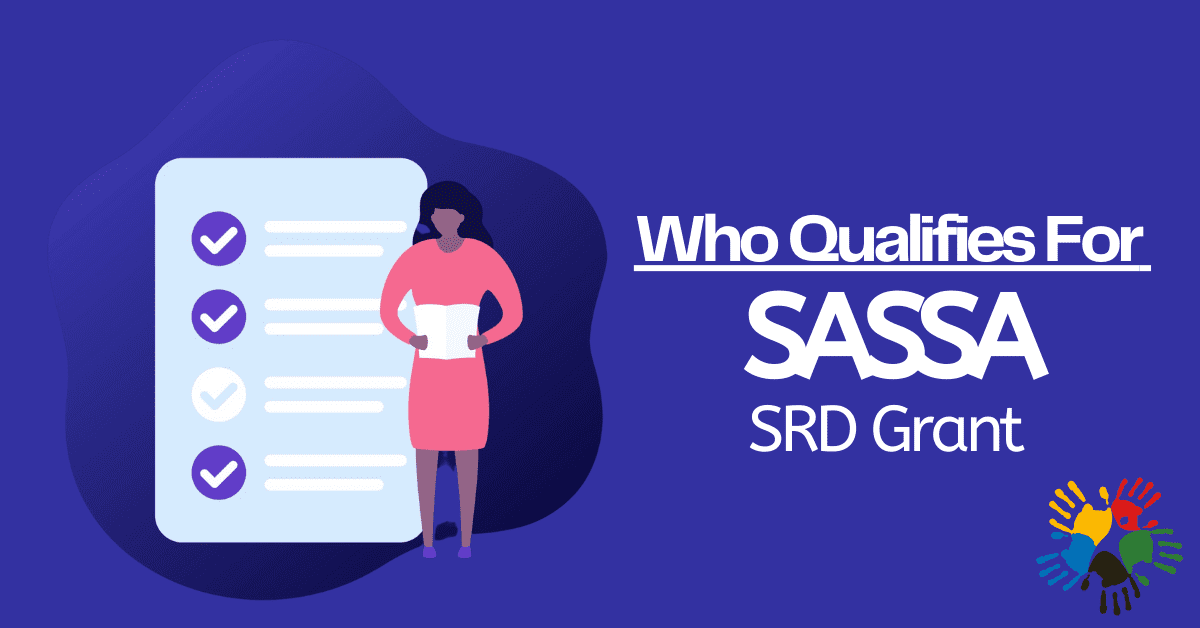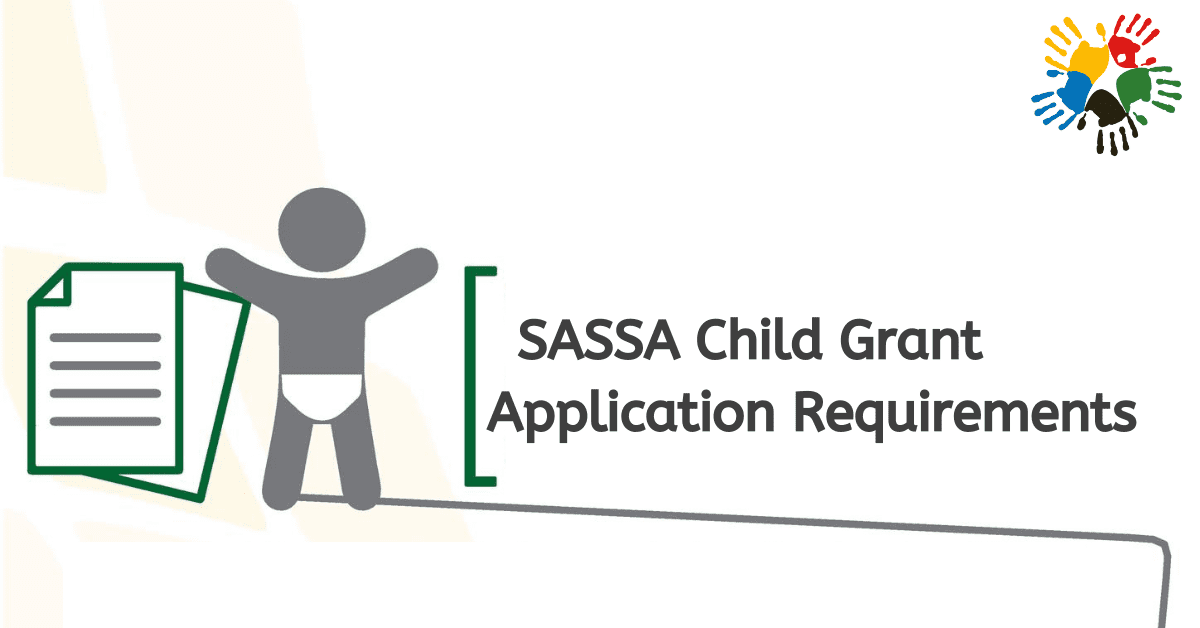The Social Relief of Distress (SRD) grant is a program in South Africa that provides financial assistance to individuals facing economic hardships. Since its introduction, millions of South Africans have benefited from this grant, which was initially implemented to mitigate the impact of the COVID-19 pandemic. However, not all applications for the SRD grant are approved, and some applicants receive a rejection status with the message ‘Age Outside Range.’ This means the applicant does not meet the age criteria required for the SRD grant.
This article will delve into the meaning of ‘SASSA Age Outside Range,’ discuss the SASSA old age means test for 2025, provide information on how to appeal the rejection of an old age grant and outline the eligibility criteria for the old age SASSA grant.
What Does ‘SASSA Age Outside Range’ Mean?
The SASSA Age Outside Range status signifies that the applicant’s age falls outside the acceptable range for the Social Relief of Distress (SRD) grant. The SRD subsidy is exclusively accessible to individuals aged 18 to 59 years. Consequently, if a candidate is below 18, they might be eligible for the child assistance subsidy, which their parent or guardian can apply for. Conversely, individuals aged 60 years or above can opt to apply for the senior citizen subsidy.
Establishing an age bracket for the SRD subsidy aims to concentrate on extending monetary aid to those significantly impacted by economic difficulties, especially individuals in their prime working years who may encounter challenges in securing employment. By restricting the subsidy to individuals aged 18 to 59 years, the initiative strives to tackle the unique obstacles faced by this particular age demographic and provide support during periods of adversity.
What is the SASSA Old Age Means Test for 2025?
The SASSA old age means test for 2025 refers to the eligibility criteria and assessment process for individuals applying for the old age grant. To qualify for the SASSA old age grant, the following requirements must be met:
- Nationality: Candidates should possess South African citizenship, be permanent residents, or have refugee rank.
- Age bracket requirement: Each candidate should fall between the age bracket of 60 years and beyond.
- No other social grants: The applicant should not already receive another one.
- Means test: The applicant and their spouse must comply with the means test, which assesses their financial situation and determines their eligibility based on income and assets.
- State institution care: The applicant must not be maintained or cared for in a state institution.
- Proof of identification: An identification document with a 13-digit barcode is required to be provided during the application procedure.
Please be aware that the means test takes into account the earnings and possessions of both the candidate and their partner. This evaluation is intended to guarantee that the grant is provided to individuals who genuinely necessitate monetary assistance and fulfill the essential requirements.
How Do I Appeal My SASSA Old Age Grant?
If an individual’s application for the SASSA old age grant is rejected, they can appeal the decision. Individuals can pursue a reevaluation of their application by engaging in the appeal procedure. To commence an appeal, kindly adhere to the provided guidelines:
- Gain entry to the sanctioned SRD webpage by navigating to the legitimate SRD page at https://srd.sassa.gov.za.
- Locate the designated tab or section specifically designated for the application for reconsideration.
- Click on the “Click here to apply for reconsideration” link: This link will redirect you to the application page.
- Provide your ID number and mobile number: Fill in the required fields with your identification number and mobile number as requested.
- Follow the prompts: Complete the application for reconsideration by following the provided prompts and instructions on the website.
By submitting an appeal application, the applicant requests that SASSA reevaluate their old age grant eligibility. It is essential to provide accurate and truthful information during the appeal process to increase the chances of a successful reconsideration.
Who Qualifies for the Old Age SASSA Grant?
The old-age SASSA grant is intended for South African citizens, permanent residents, or refugees who are 60 years old or older. In order to qualify for the grant, individuals need to fulfill the subsequent requirements:
- Age prerequisite: Candidates must be 60 years of age and beyond.
- The Means test procedure: The applicants and their spouses are subject to the means test, which evaluates their monetary circumstances in order to establish qualification.
- No other social grants: The applicant should not already receive another one.
- Not in a state institution care: The applicant must not be maintained or cared for in a state institution.
- Identification document: A 13-digit barcoded identity document is required for the application.
Meeting these criteria and passing the means test will determine an individual’s eligibility for the old-age SASSA grant. The grant aims to provide financial assistance to older individuals who may face challenges due to limited income and support them during their retirement years.
In conclusion, the SASSA Age Outside Range status indicates that an applicant’s age does not fall within the acceptable range for the Social Relief of Distress grant. Applicants below 18 may qualify for the child support grant, while those 60 or older can apply for the older person grant. The SASSA old age means test for 2025 includes requirements such as citizenship or residency, age, means test, and not being maintained in a state institution. To appeal a rejected old age grant application, individuals can visit the SRD website and follow the application for the reconsideration process. Eligibility for the old age SASSA grant is determined by meeting age requirements, passing the means test, not receiving other social grants, and not being cared for in a state institution. These grants aim to provide essential financial support to vulnerable individuals during times of distress and in their retirement years.
